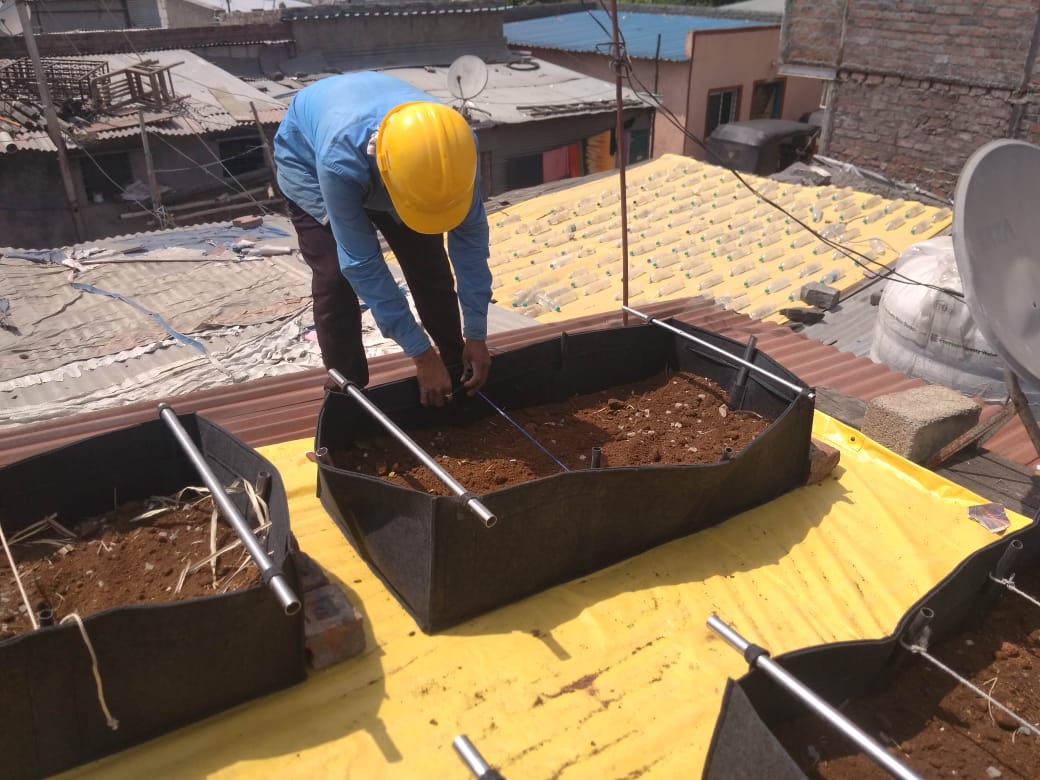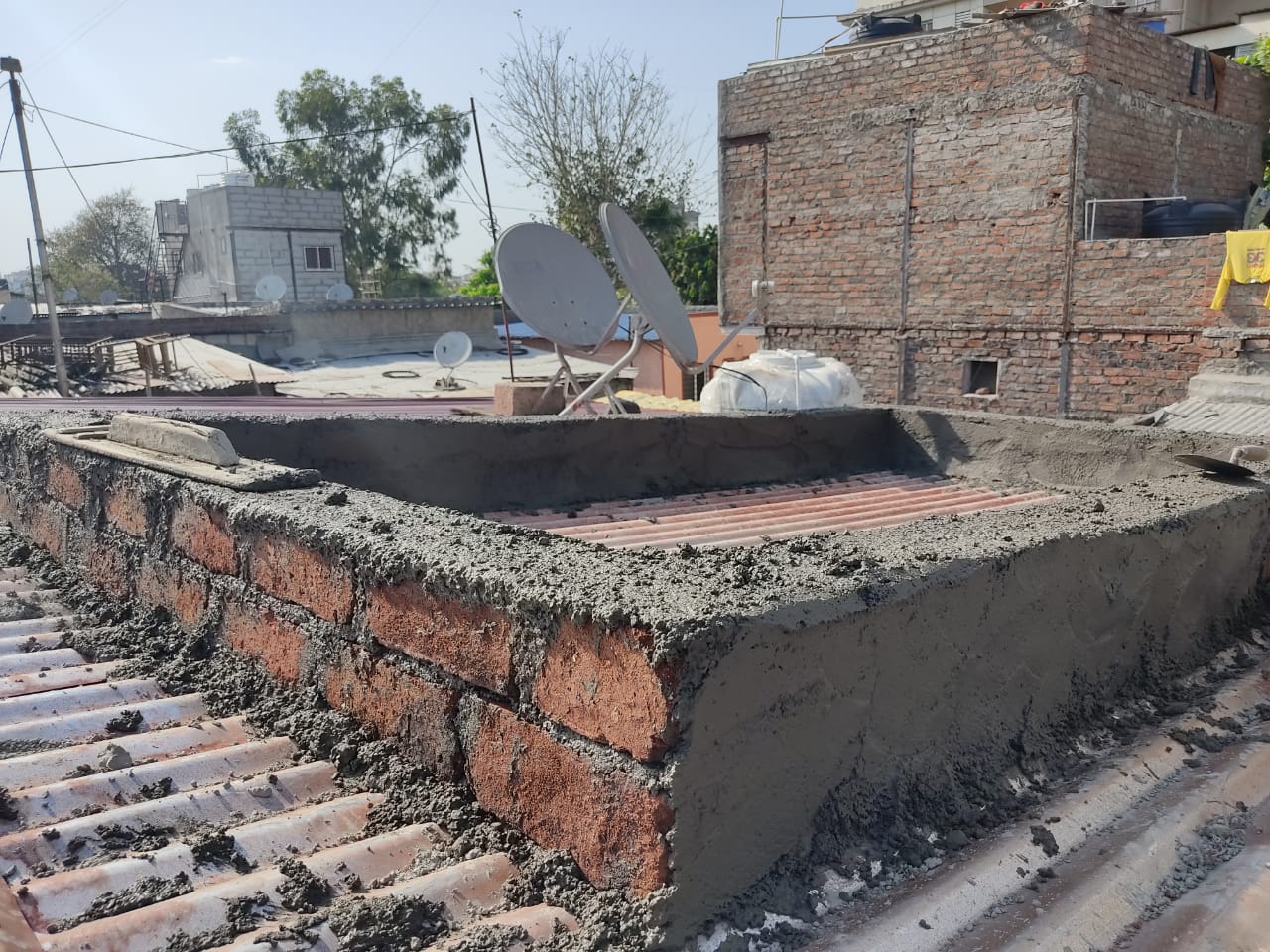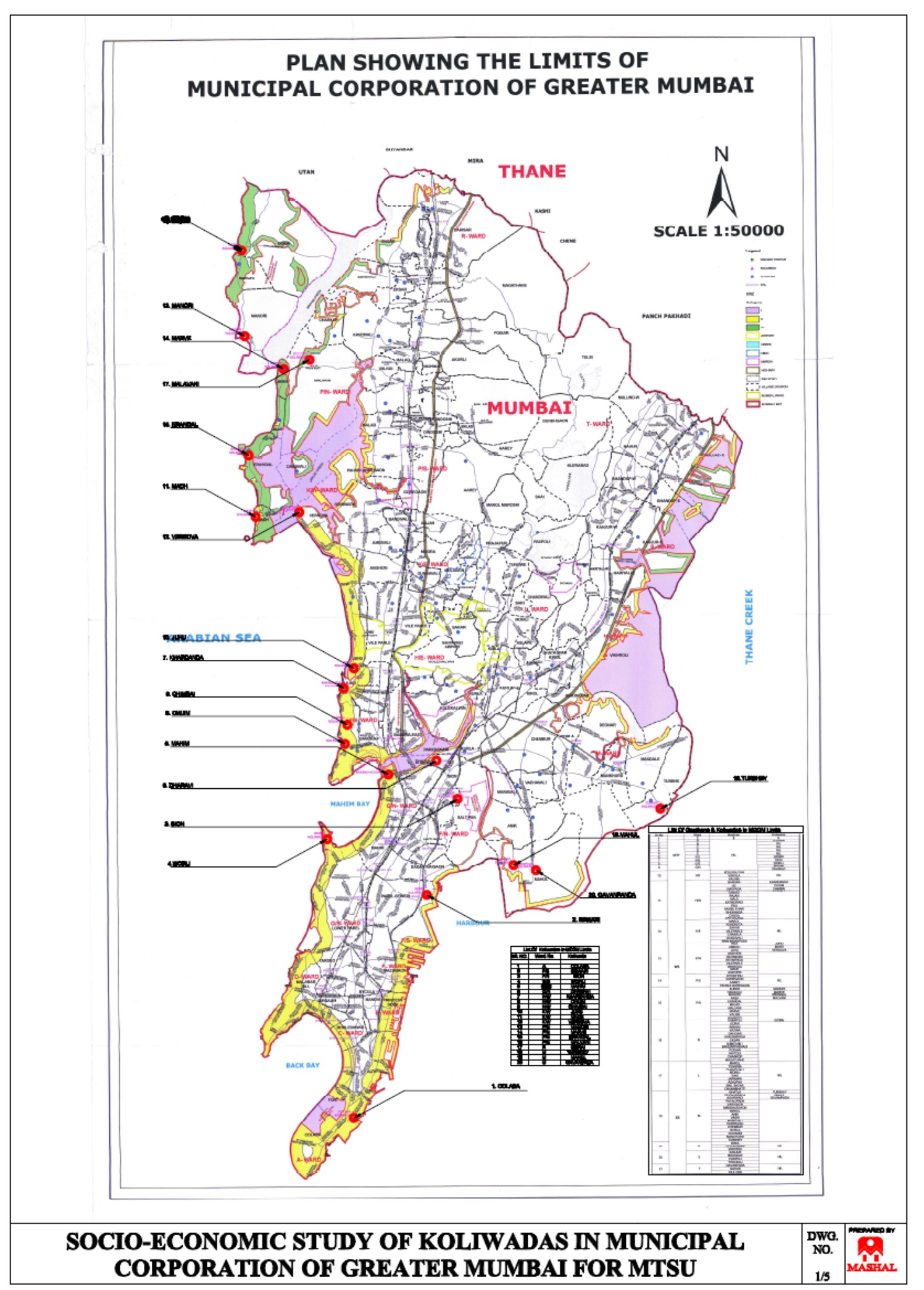ASSESMENT STUDIES
C Balance – Thermal Comfort Project - 2021
The ‘Informal Housing Thermal Comfort Project’ aimed at working towards both, climate crisis adaptation and mitigation with a focus on thermal comfort, through engagement with communities inhabiting informal settlements who are among those most vulnerable to injustices propagated by human induced climate change, with support from other stakeholders.
MASHAL organized the workshops of the beneficiaries. A total of 35 beneficiaries were selected from Shinde Vasti of Hadapsar for a workshop of this project. They were briefed about the work of C Balance in the area of climate crisis adaptation and thermal comfort along with the research conducted by the organization to find out a solution on the problems created by the excessive heat. The beneficiaries face problems such as headache, vomiting, fainting, rashes and sores in summer while roof leakage, water stagnation, mosquitoes and insects in rainy season. Then, they were explained how the roof designs prepared by C Balance work to reduce the heat in the house and that initially five houses will be installed with these roof sheets and the temperature will be documented regularly. They were also told that these sheets will be modified if needed and then the beneficiaries will be consulted before their installation.
PMAY-G PILOT STUDY-2021
Objectives:
• To understand the value addition (adequacy, satisfaction levels and perception) of PMAY-G, State and Self-initiated housing in terms of unit, process, delivery system, social aspects for people.
• To examine the systemic reasons that make a rural housing program better or worse – (socio-economic impacts due to delivery, governance, design of a program).
Methodology:
The pilot, with limited coverage will help streamline the activity, test field studytools, methodologies and determine realistic costs of scaling up; (b) the second, is a more ambitious,wider agenda and will need to be externally funded.
Interventions conducted by Mashal
Interviews with Gram Panchayats functionaries and representatives to Palakhi route
▪ Interviews with housing eco-system stakeholders: ChoteThekedar and Masons, Traininginstitutions and leading NGOs, Material suppliers, Lending institutions
▪ Focus Group Discussions with households at village level who have:
• received funds under PMAY-G
• received funds under other State housing schemes
• built independently
▪ Documentation of houses and settlement:
• Settlement plan (houses, amenities, other built structures, topography, etc)
• Drawings of houses (size, design, materials, techniques)
• Photographs (settlement level and individual houses)
PMAY – Arvi (2017-2018)
As of 2011 India census, Arvi had a population of 42,822: 21,956 males (51%) and 20,864 females (49%). There are 5,836 members of Scheduled Castes and 2,123 of Scheduled Tribes. Arvi has a literacy rate of 90.6%, higher than the national average. Many educationists has contributed to this literacy rate and Arvi follows the progressive thinking for which Maharashtra is known for in India.
In the principal object of planning is to provide the sociao economic facilities and zoning for the existing and anticipated population of the town. In the development plan the sociao economic facilities are provide for the projected population by the year 2025and the areas of the zoning are provided for the projected population by the year 2025. However it is noted that no land is provided in the development plan for affordable housing. Mashal has prepared DPR for Arvi Municipal council.
WRI - Socio-economic adaptation Arnala-2015
The survey documented the information of various components such as socio-economic status, livelihood characteristics, climatic change impacts, availability of public and social infrastructure etc. The survey was conducted for a total 350 households in the fishing and agriculture (150 each) communities in Arnala.
Along with the survey, five Focus Group Discussions were conducted with the two communities. The FGDs were conducted with the fishermen and women from fishing communities, and farmers, women, and youth from agricultural communities. The information collected through the survey was interpreted on the Geographic Information System based maps.
MTSU Study of Socio-Economic Outcomes, Mumbai - 2013
MASHAL conducted an assessment and impact study of the three fishing communities in Mumbai: Juhu Koliwada, Cuffe Parade Koliwada, and Mahim Koliwada.
A comparative analysis of data pertaining to these three Koliwadas was undertaken in order to understand the impact of land reclamationin terms of specific social, cultural and economic aspects of their lives. The study systematically analysed social, economic, environmental, and physical and governance factors and issues related to urban development and reclamation:• Physical – location, reclamation, development.
• Social – housing, amenities, market.
• Environmental – water contamination levels, mangrove area, flood points, water current change.
• Economic – income level change, fish economy, supply chain.
• Governance – existing policies and emerging considerations.
The prime concerns that arose were those of land ownership, safeguarding of land, and self-development of the colonies with sufficient housing, amenities, infrastructure and facilities. The study recommended policy and planning level considerations for development for all koliwadas.Housing Report- Pune - 2009
1. Study of various Housing Systems and subsystems in Pune city.
2. Study of the Central and State Housing Policies.
3. Study of the housing pattern (as per age of houses, construction material, FSI, density, rental housing, carpet area, etc.) in all type of housing in the city.
4. Study of the existing housing options in Pune city under the formal and informal sectors including public and private housing (condition in slums, Wadas, etc.
5. Comparing and analyzing different housing options in city.
6. Study of real estate scenarios and urban land markets in the city.
7. Study of the impact of new housing development in and around the city on the existing housing systems.
8. Study of the role of MHADA, SRA schemes, housing under JNNURM, etc. on housing delivery.
9. Calculating the existing housing need, stock and shortages in the city.
10. Scenario generation for housing satisfaction (do nothing scenario and consideration of Metro and BRT proposals.



